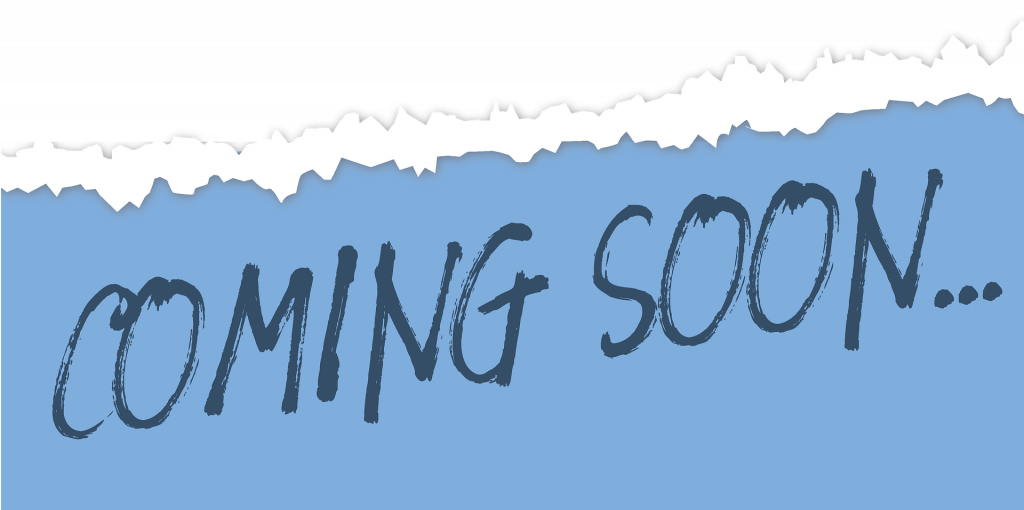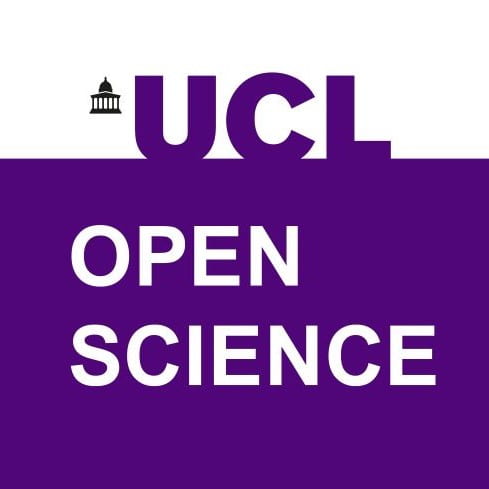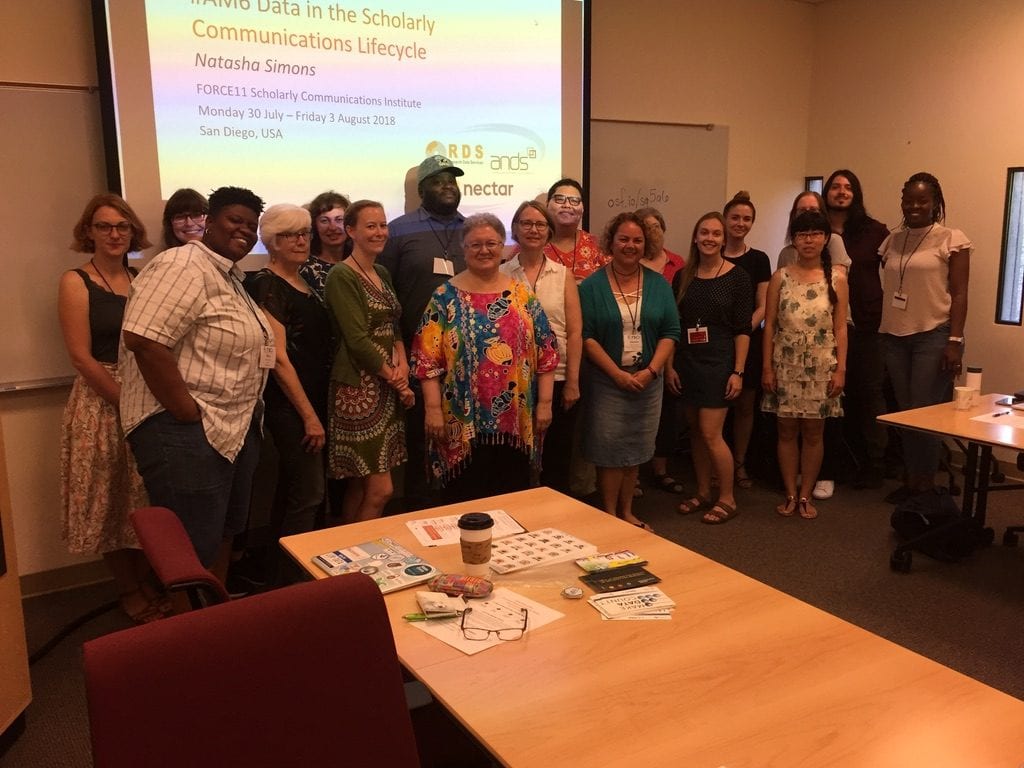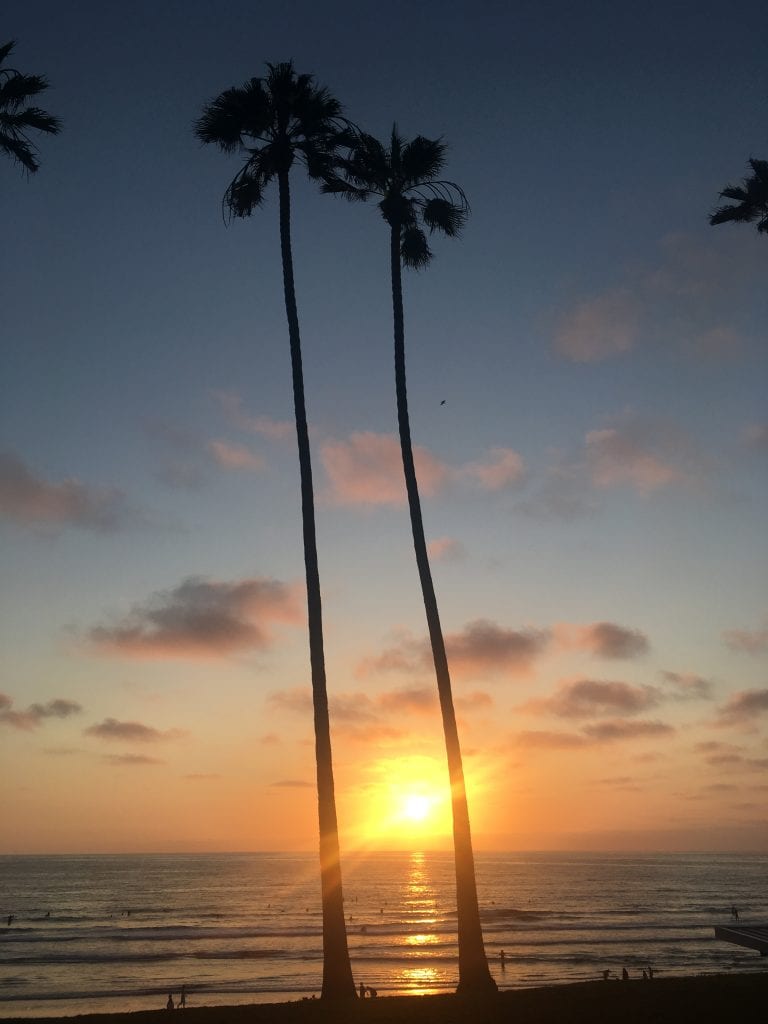Open Science & Scholarship Festival 2025: next steps, links and recordings!
By Kirsty, on 25 June 2025
It has been a couple of weeks since our debut collaboration with our friends at LSE and the Francis Crick Institute and I can safely say that the festival was a roaring success. We all would like to extend a huge thank you to everyone that came to any of the events, in person or online, it was great to see so many people engaging with Open Science!
In case you missed it, the festival ran from 2 – 6 June and included an exciting array of sessions including creative workshops, informal networking, case studies, online and in person panel discussions and technology demonstrations. The full programme is still available online, or keep scrolling for links, recordings and upcoming content!

Monday 2 June
Open Methods with Protocols.io
This workshop introduced the benefits of publishing your methods and protocols as a separate open access output. As an in person event, there is no available recording, but you can access Protocols.io and their excellent free help and support guidance online.
Creativity in research and engagement
This session of making, sharing and storytelling has its own blog post – read it now!
Tuesday 3 June
Co-producing research with Special Collections: Prejudice and Power case study
UCL Special Collections presented their experiences of using co-creation to engage with rare book and archive collections especially as applied to the recent Prejudice in Power project, that consisted of a range of co-creation, community and academic initiatives that focussed on our holdings to respond to the university’s historic role in promoting eugenics. It also briefly discussed wider co-creation activity in UCL Special Collections, the lessons learned and how these are being embedded in practice.
Resources:
Scaling up Diamond Open Access Journals
Diamond open access (OA) is championed as a more open, equitable and inclusive, community-driven journal publishing model, especially when compared against other commercially owned, author pay and subscription models. Demand is rapidly growing but there is a lack of capacity and funding for journals to sustainably meet it. There are many barriers to solving these complex challenges, but one new initiative called the Open Journals Collective aims to disrupt the current landscape by offering a more equitable, sustainable and alternative solution to the traditional and established payment structures.
During this interactive session we heard from the conveners of the collective to learn about why and how it came about, what it offers and why it is needed. We also heard about the experiences with various OA journal models, as well as perspectives from a journal Editor who resigned from a subscription journal and successfully launched a new and competing diamond open access journal.
Access the recording below or on the UCL Press website.
Professionalising data, software, and infrastructure support to transform open science
This workshop focused on the needs of both researchers and technical support, seeking to understand the answers to some fundamental questions: If you are a researcher – what do you need in terms of technical support and services? If you are a research technology professional – what skill and training do you need to be able to offer this support?
The team in ARC behind this fascinating session have shared a write-up about it which you can read on their blog page.
Wednesday 4 June:
Should reproducibility be the aim for open qualitative research? Researchers’ perspectives
Reproducibility is often touted among quantitative researchers as a necessary step to make studies rigorous. To determine reproducibility, whether the same analyses of the same data produce the same results, the raw data and code must be accessible to other researchers. Qualitative researchers have also begun to consider making their data open. However, for researchers in fields where cultural knowledge plays a key role in the analysis of qualitative data, openness of such data may invite misrepresentation by re-use of the data by researchers unfamiliar with the cultural and social context in which it was produced.
This event asked whether reproducibility should be the aim for open qualitative data, and if not, why should researchers make their qualitative data open and what are the other methods used to establish rigour and integrity in research?
Access the recording below or on the LSE Library YouTube Channel.
How open is possible, how closed is necessary? Navigating data sharing whilst working with personal data
In the interests of transparency and research integrity, researchers are encouraged to open up more of their research process, including sharing data. However, for researchers working with personal data, including interview and medical data, there are important considerations for sharing. This event brought together researchers from a range of disciplines to share their experiences and strategies for open research when working with personal data.
Access the recording below or on the LSE Library YouTube Channel.
Thursday 5 June: Open Research in the Age of Populism
Political shifts around the world, from the Trump administration in the US to Orban’s government in Hungary, are making it more important than ever to have reliable research freely available. However, these governments are also making it more risky to openly share the results of research in many countries and disciplines. Alongside the political censorship of research in some countries there are also changes to research funding, research being misrepresented and used to spread misinformation online, and concerns about the stability of open research infrastructure which is funded by the state. In this session the panellists considered the value of open knowledge, the responsibilities of individual researchers and institutions to be open and how you can protect yourself when making your research openly available.
Access the recording below or on the LSE Library YouTube Channel.
Friday 6 June
Authorship in the era of AI
With the rapid growth of AI tools over the past three years, there has been a corresponding rise in the number of academics and students using them in their own writing. While it is generally agreed that we still expect people to be the “authors” of their work, deciding how to interpret that is often a nuanced and subjective decision by the writer. This in-depth panel discussed how we think about “authorship” for AI-assisted writing.
This session was so in-depth that the panel and the chair have worked together to create a summary of the discussion, complete with the resources and themes shared, which you can read on a separate blog post.
 Close
Close
















